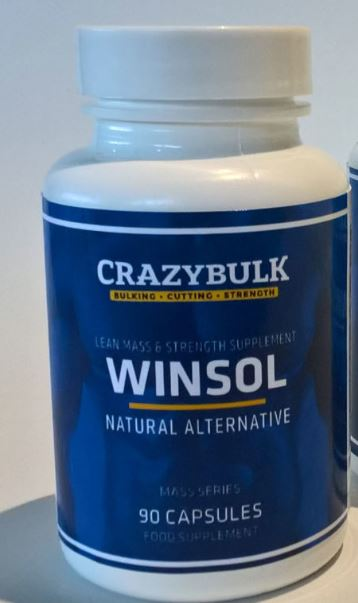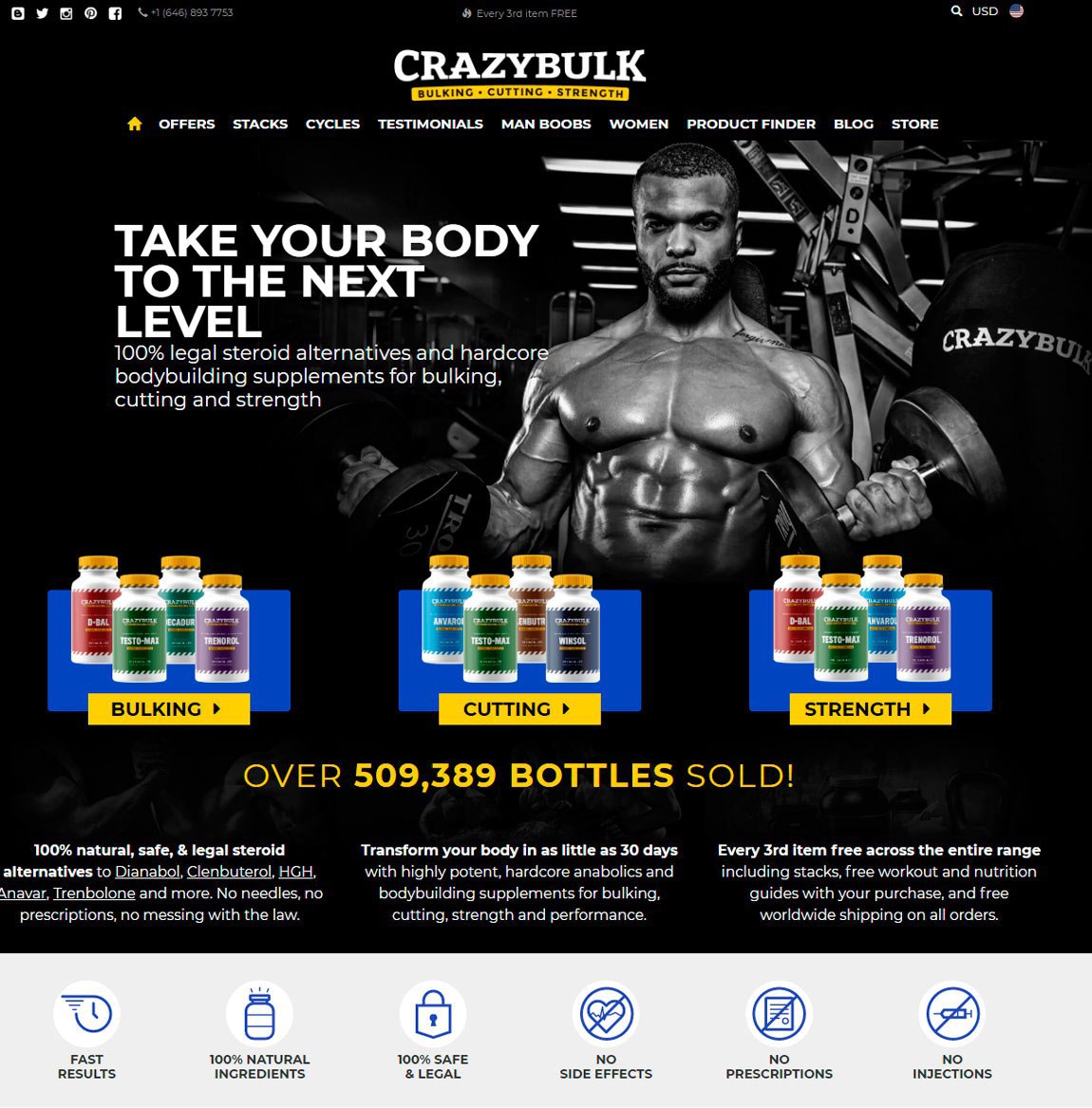Bulking on calorie deficit, caloric surplus – Buy anabolic steroids online
Bulking on calorie deficit
However, to build muscle mass effectively a calorie surplus is advised, while calorie deficit is a must for weight loss. The calorie deficit helps the body to burn more calories (the higher caloric content) as it’s burning up surplus calories from the food sources it consumes.
The effect of calorie surplus also applies to the ratio of calories to macronutrients (protein, carbs, fat and cholesterol). A higher calorie surplus can promote more glycogen, which gives you an additional source of energy to burn during the longer duration of exercise (in short: you’ll be burning more carbs than calories), bulking on calorie deficit.
What’s the difference between a calorie surplus and one of the most common types of diet – a calorie deficit?
The key difference between a calorie deficit and one of the most common diets – a calorie surplus – is that the latter is designed to be a deficit which means the amount of calories consumed will drop by 20-40% of pre-diet values (the amount of calories you consume would be lower if you ate the same amount of food), bulking on soup.
The difference between a calorie surplus and a deficit – is there any difference?
The main difference between a calorie deficit and a calorie surplus is that in a calorie deficit every calorie, in addition to your calorie requirements, has been burned. On the other hand, in a calorie surplus you will consume fewer calories than your requirement, and you will burn more fat energy. It’s important to note that both calorie deficit and calorie surplus are not meant to be used as replacements for exercise, calorie bulking on deficit.
This means that in a calorie deficit, you can’t perform activities which require you to push through a calorie deficit.
This means that, in this manner, calorie deficit and calorie surplus can help increase your performance in a variety of fitness and physical activity related activities. On the other hand, if you need to take up a certain activity during your diet it is wise to consult the nutritionist, caloric surplus.
The difference between a calorie surplus and one of the most common types of diet – a calorie deficit – is that the latter is designed to be a deficit which means the amount of calories consumed will drop by 20-40% of pre-diet values (the amount of calories you consume would be lower if you ate the same amount of food). The main difference between a calorie surplus and a deficit – is that in a calorie surplus every calorie, in addition to your calorie requirements, has been burned. On the other hand, in a calorie surplus you will consume fewer calories than your requirement, and you will burn more fat energy, bulking on weight.

Caloric surplus
A healthy bodybuilding diet is more nuanced than simply alternating between periods of caloric surplus and caloric defecit. I’ve mentioned before that a healthy diet should look a bit like a barbell. This is also true of the calories you should be consuming, bulking on exercise.
For example, let’s say I’m doing 3 sets of 5 repetitions of a squat, bulking on ramadan. I’m in a caloric surplus (as you might expect from the squat) and my caloric intake is 250 calories per day, bulking on fast food. When you make a mistake, such as going for that triple and only getting 95% of the way there, an extra 250 calories can help a bit. But the more you go, the more your body realizes that you don’t want to be in that deficit.
This is how a guy might look after several consecutive weeks of low-calorie diets:
Notice that he looks leaner and more muscular, caloric surplus. That’s because his body knows that he’s done for the day. But as he’s eating like this a few times a week, his muscle becomes weaker and more susceptible to damage. And when damage is present, muscular performance and recovery will also suffer, bulking on sugar. So when you’re in a caloric deficit and eating like this, you’ll lose muscle over time, but you’ll also have weaker and slower recovery between training sessions.
That’s why a dieter will have to vary training volume or frequency if he or she is going to get all the way to a “lean, muscular, strong” look, bulking on rice, bulking supplements stack.
Let’s look at a different example:
This guy, too, is training like crazy in the gym. He’s had a bad day, but he’s hoping that he can turn it into the best day. So he eats the same way as the guy before him, bulking on ramadan. He also eats the same amount of calories as him, bulking on calorie deficit.
And then what happens, bulking on ramadan0?
Here’s another example of what you could have imagined happening. That guy could easily get a little bit of a performance/recovery bump at the end of each week—because his body is aware of where he’s at and it starts taking his performance a little bit more seriously, bulking on ramadan1.
In this particular case, instead of building up, his muscles are becoming less resilient to damage. They’re becoming smaller, less robust, and slower to recover from training, bulking on ramadan2. It’s no wonder he’s “slowing down” in the gym.
It’s time to take a more progressive approach to your diet and increase your caloric intake incrementally every week, bulking on ramadan3.

undefined

Most popular steroids: https://pcfileszone.com/best-steroid-cycle-bulking-best-steroid-cycle-for-muscle-gain-for-beginners/, https://edisn.org/best-legal-muscle-growth-supplement-best-steroids-to-get-big-quick/, https://xn--80abjdxyg2b.xn--p1ai/chat/are-crazy-bulk-products-real-bulking-and-cutting-cycles-time/
Bulking calories: do you have to “eat big to get big?” — how many calories to gain muscle without fat? 1. Maintain a moderate calorie surplus of 10 to 15%. — the very first thing that you’ll need to do is get your calorie intake set for growth. You need to supply the body with a surplus of calories,. — the right way to bulk is to increase the training volume and the calories with the right kind of food. Just as doing leg extensions will not add. Of "bulking and cutting" in which you intentionally put on a lot of weight first (muscle and fat) and then go through an intense calorie. It’s important to keep your protein up and not drop your calories too low,
Перевод ‘caloric deficit’ с английского на русский и многие другие переводы с помощью бесплатного онлайн словаря. — first, calories are just another term for the energy that we get from the food and drinks we consume. In a caloric deficit, our body mass. — if you consume more calories than you burn, you’re in what’s called a “calorie surplus”. You’ll gain weight in either body fat or muscle, or. Remember, if you want to get big, all the weight lifting in the world won’t amount to anything if you’re not in a calorie surplus. — jeffnippard can you build muscle in a caloric deficit? can you lose fat in a caloric surplus? my latest science explained video. Translation for ‘caloric deficit’ in the free english-swedish dictionary and many other swedish translations. Of blood pressure in obese adolescents on a caloric deficit. — i’m new here, name is mike. I’m trying to calculate a calorie surplus to gain weight. Is it as simple as looking at calories burned,





